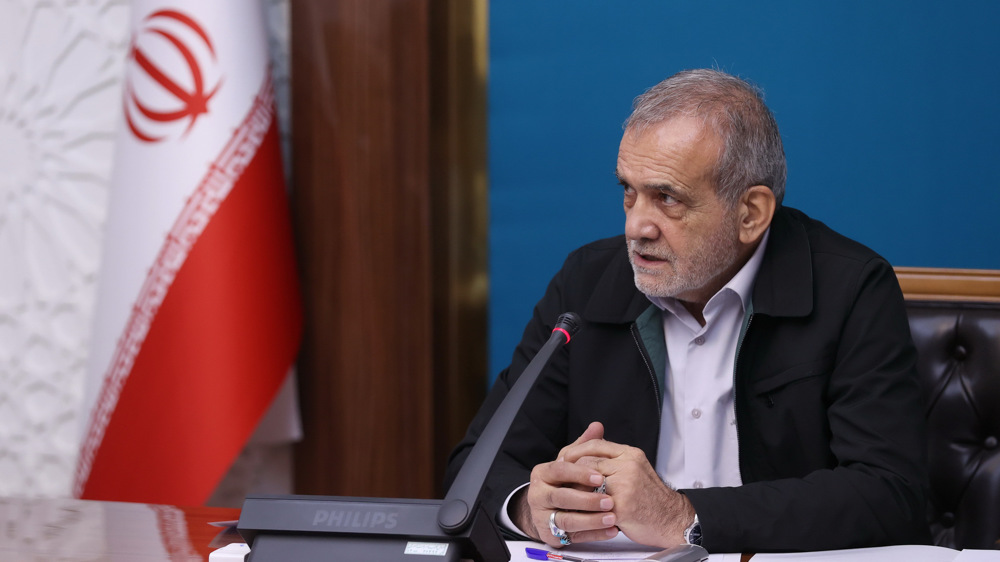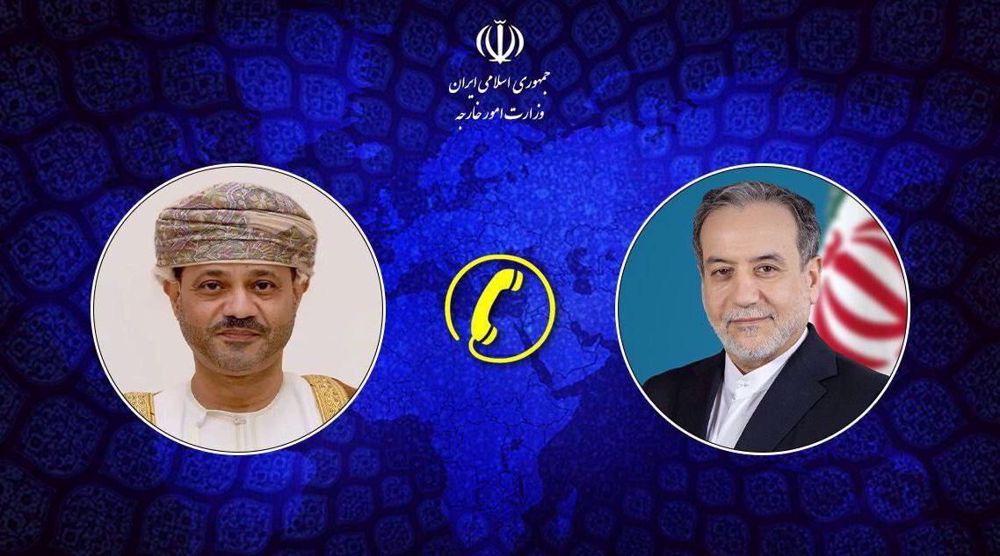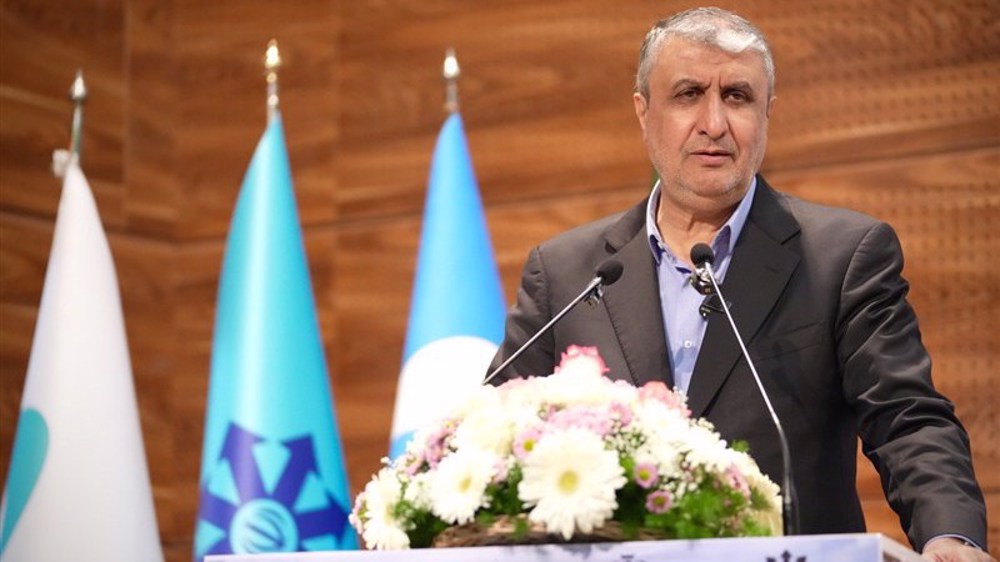Iran’s top negotiator: It’s time for other parties to decide on revival of nuclear deal
Iran’s top negotiator in Vienna talks on the revival of the 2015 nuclear agreement, known as the Joint Comprehensive Plan of Action (JCPOA), says all documents are now almost ready for a final deal and it is time for other parties to the accord to make up their minds.
“We are now closer to an agreement than any time before, but bridging the gap between us and an agreement is not an easy task and needs decisions, which must be mostly made by the other parties,” Abbas Araghchi said ahead of Sunday talks between Iran and the remaining parties to the JCPOA in the Austrian capital of Vienna.
Araghchi, who is the deputy foreign minister for political affairs, added, "Today is the last day of the sixth round of the [Vienna] talks. We have gone through very busy days and very difficult work, and we are now in a situation that we think all the documents for an agreement are almost ready."
The Iranian negotiator, however, noted that some of the issues of dispute between Iran and the P4+1 group of countries are settled and some others remain unresolved yet.
The Iranian diplomat expressed hope that the sides would be able to narrow the remaining short distance in the next round of talks despite all difficulties and “reach a final conclusion.” However, he warned that that nothing can be predicted.
"For a few days, that I cannot say exactly how many days there will be, we will stop the talks and return to the capitals not only for further consultations, but also for making decisions," Araghchi pointed out.
Araghchi's remarks came after Russia’s permanent representative to the international organizations in Vienna said a consensus on the revival of the JCPOA was “within reach.”
“The Joint Commission of JCPOA will meet on Sunday, June 20. It will decide on the way ahead at the Vienna Talks. An agreement on restoration of the nuclear deal is within reach but is not finalized yet,” Mikhail Ulyanov tweeted on Saturday.
Representatives of Iran and the other five signatories to the nuclear agreement, namely Britain, France, Germany, Russia and China, have been engaged in the Vienna process since early April with the purpose of finding ways to bring the United States back to the deal and prepare the ground for its full implementation.
A US delegation is also in the Austrian capital, but it is not attending the discussions directly because the United States is not a party to the nuclear accord any more. It has though held separate talks with the participant delegations, except Iran.
Trump abandoned the deal and reimposed the anti-Iran sanctions that the JCPOA had lifted. He also placed additional sanctions on Iran under other pretexts not related to the nuclear case as part of the “maximum pressure” campaign.
Following a year of strategic patience, Iran resorted to its legal rights stipulated in Article 26 of the JCPOA, which grants a party the right to suspend its contractual commitments in case of non-compliance by other signatories, and suspend some of the restrictions imposed on its nuclear energy program.
Now, the new US administration says it wants to compensate for Trump’s mistake and rejoin the deal, but it is showing an overriding propensity for maintaining some of the sanctions as a tool of pressure.
Tehran insists that all sanctions should first be removed in a verifiable manner before the Islamic Republic reverses its remedial measures.
Iranian Foreign Minister Mohammad Javad Zarif said on Saturday that Tehran and the P4+1 group of countries – namely Britain, France, Germany, China and Russia -- are likely to agree on ways to revive the JCPOA before the end of President Hassan Rouhani’s term in office in mid-August.
“Negotiations on the JCPAO [revival] are underway [in the Vienna]. There is a good chance that an agreement will be made before the end of our administration. We will leave office in mid-August (and hand over the government) and I think that it is highly likely that we will be able to reach an agreement long before this date,” Zarif said in an interview on the sidelines of the Antalya Diplomacy Forum in Turkey.
Israel, not America, first: Carlson’s Huckabee interview lays bare US foreign policy priorities
VIDEO | Call for unity, more support for Palestine, humanitarian action during Ramadan
Lebanese parliament speaker rejects any postponement of elections
VIDEO | Gazans break Ramadan fast amid rubble of their destroyed homes
Iran seeks to strengthen strategic ties with West African countries: Defense minister
US envoy’s remarks on Israeli West Asia expansion shows Muslim world targeted: Houthi
Iran says any agreement with US must fully safeguard national rights, interests
VIDEO | Press TV's news headlines












 This makes it easy to access the Press TV website
This makes it easy to access the Press TV website